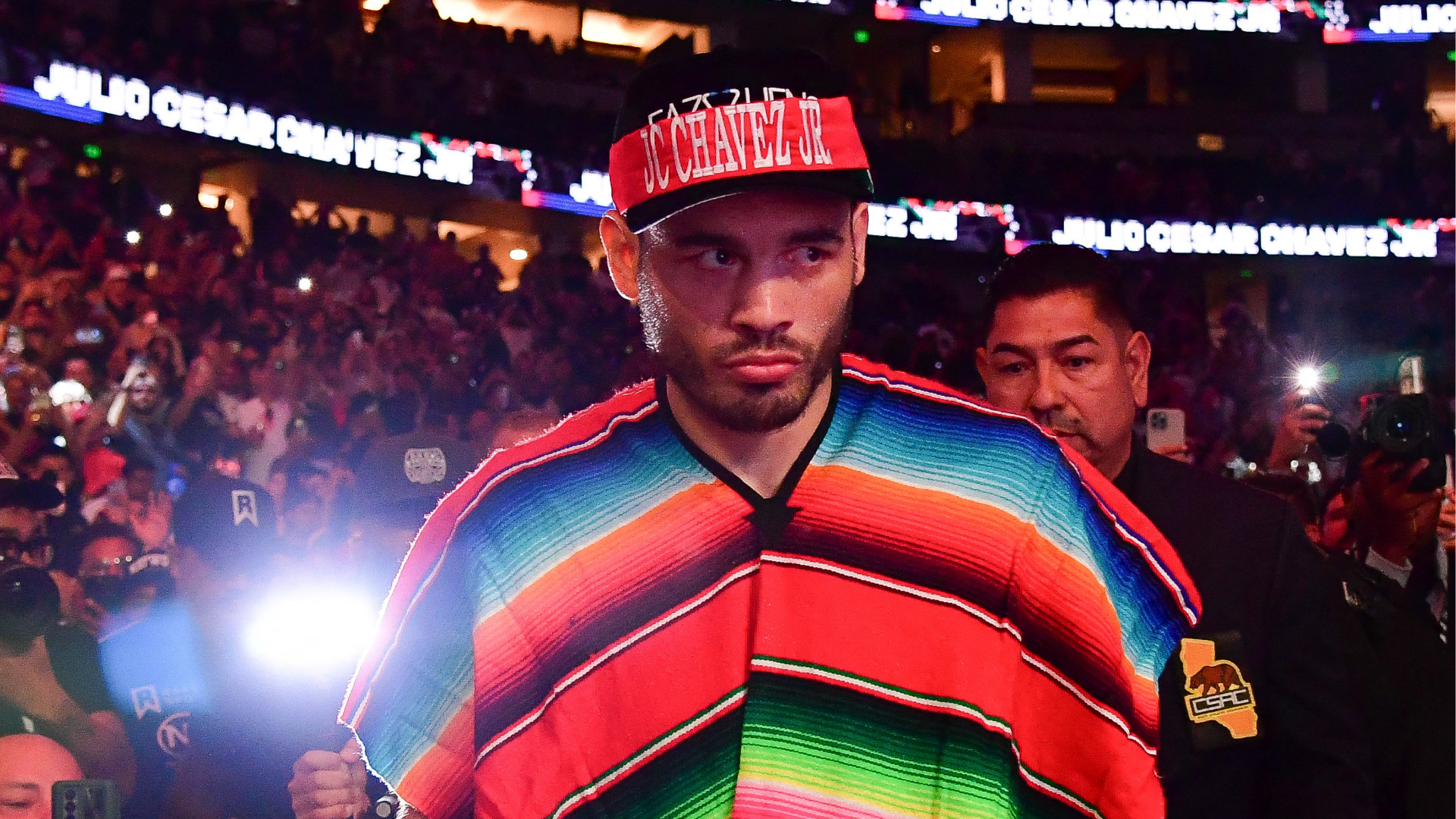Julio César Chávez Jr. Granted Probation: Conditions and Charges He Faces
Boxer Julio César Chávez Jr., son of the Mexican boxing legend, was released after six days in prison in Sonora. The former champion regained his freedom under a probation regime, though the fact that he left prison without an electronic ankle monitor has sparked controversy and questions.
No electronic monitor but under judicial supervision
On August 25, Chávez Jr. walked out of the “Refresco 11” Federal Center after the judge determined there was no need for pretrial detention. His lawyer, Fernando Benítez, explained that neither the prosecution nor the defense requested the monitoring device. “He doesn’t have a bracelet, the prosecution didn’t ask for it, and of course I wouldn’t either,” the attorney said in defense of the decision.
Despite not wearing the device, the boxer is not free of obligations. He must remain in Mexico, avoid contact with individuals linked to the case, and attend all court hearings as scheduled. These conditions are part of his probation and his legal commitment while the case continues.
The charges against him
The son of legendary Julio César Chávez is accused of organized crime, allegedly collaborating in the illegal importation of firearms into the country. The Attorney General’s Office (FGR) claims the ex-fighter has ties to the Sinaloa Cartel, though the judge ruled there was insufficient evidence to keep him in pretrial detention since he was not considered a flight risk.

The investigation will continue over the next three months, during which the prosecution must present further evidence linking Chávez Jr. to arms trafficking activities. Otherwise, the case could weaken, allowing him to remain free.
The release of Julio César Chávez Jr. puts him once again under public scrutiny, this time not for his boxing career but for his legal troubles. Although out of prison, he must strictly comply with the court’s conditions to avoid being sent back behind bars.
The case, already attracting major media attention, opens another chapter in the boxer’s turbulent life, where he must now face both the justice system and the judgment of public opinion.






















